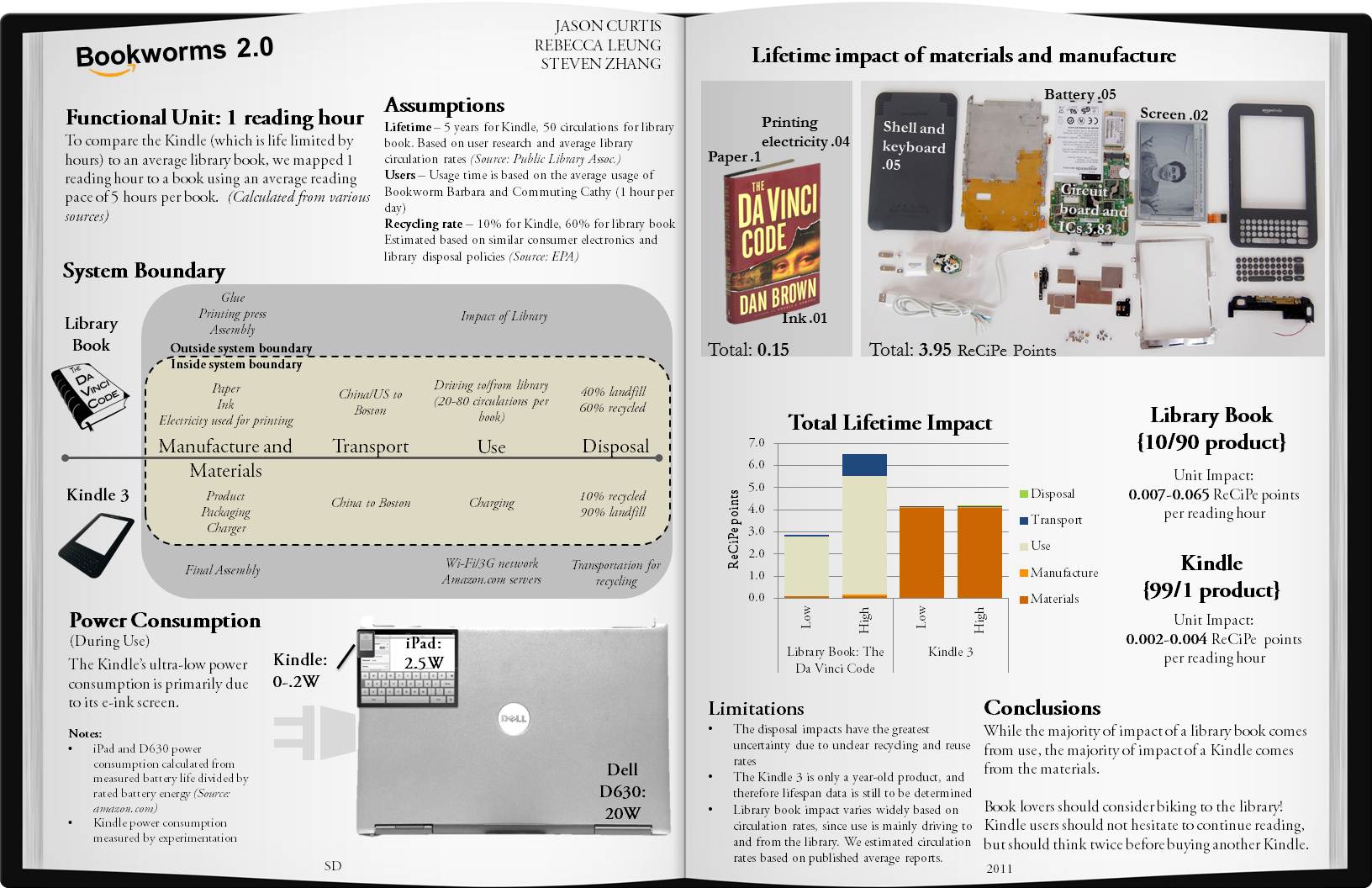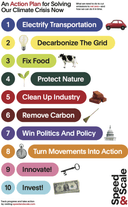👋 I'm Steven Zhang, a former software engineer turned founder who's worked in Silicon Valley, Seattle, and Boston at Google, Tableau, and Airtable.
If you use this site, I would love to hear from you! Send me a LinkedIn request and mention that you're a ClimateTechList user in the connect message
My interest in climate tech goes way back to college in 2012 where I took a course on sustainable product design and did life-cycle analysis on the Kindle vs. a physical book:

After college, I spent a gap year as an environmental journalist in Asia before starting my career in tech.
FAQs
You can hear a podcast interview about why I started ClimateTechList on this podcast I did with recently on a career podcast run by director of career services at the University of Washington.
ClimateTechList started in early 2023 as a side project to help software engineers find climate tech jobs. After launching, to my surprise, many users of ClimateTechList.com were not software engineers and consistently asked for a general list of climate tech jobs.
Since then it's expanded to be the web's largest aggregator of climate tech companies and jobs (by number of live job postings- over 34,000 as of April 2024).
There are two major features of ClimateTechList.com for the jobseeker. Here are my motivations for making each of them:
A. Companies list with in-depth profiles
In talking to friends who sought to work in climate tech, I saw 3 problems with existing resources and company lists for jobseekers looking to work in climate tech:
- Overwhelming number of companies in many different climate problem areas
- Lack of clarity around what each company's climate impact
- Lack of clarity around why software (or technology more broadly) is a key role in each company's success
Here's how ClimateTechList tries to address each of these problems:
- For #1: Out of the hundreds of companies on the company list, I surface the top ~50 companies to the top of the companies list according to this methodology.
For #1: I provide searches to filter by climate verticals (e.g. energy, transportation, food, etc.)
For #2/3: I interview each company to understand their climate impact and why software is a key role in their success. I then summarize this information in a standardized format so that job seekers can easily scan through each company profile. Contact us if you would like to like an in-depth profile for your company.
B. Live climate tech job tracker
Many job boards require some sort of manual submission or approval process for each job posting. This means that many job boards are out of date, and many companies don't bother to post on them. Or, they automatically aggregate jobs automatically, but companies have to pay.
ClimateTechList's live climate tech job tracker solves this problem by automatically aggregating job postings directly from each companies' career page. This means that the job postings are always up-to-date, and you can find jobs that you can't find anywhere else. We have a paid tier for companies wanting to promote their listings, but otherwise the job posting aggregation is done for free.
ClimateTechList is designed to provide the best possible jobseeker experience out there by having the most comprehensive list of up-to-date jobs. Please contact us if you have any feedback.
Feel free to contact me on LinkedIn (mention ClimateTechList in the connection request) or this form.
If you're a software engineer or data science jobseeker, you might find the story of how I once got 18 offers at once interesting.
In the past several years, numerous companies like Delta Airlines and Microsoft have declared their net-zero goals. Stripe and Shopify have started major investments in decarbonization funds. 163 of Fortune Global 500 companies have set some sort of climate target. Isn’t this great? It’s capitalism doing the hard work of decarbonization that they should have been doing all along, right?
The reality is that most of these companies are offsetting their carbon through carbon credits, which are grossly underpriced, allowing them to underpay for the damage that they inflict on the planet. For them, more growth is usually correlated to more “activity,” which usually requires energy, and generating energy, more likely than not, means releasing more carbon into the atmosphere, exacerbating the climate problem.
However, now, a new category of REAL climate companies is emerging. All of the companies on our list fall into this category. These climate companies have aligned their incentives around the act of decarbonization. For them, growing the company means LESS, not more, carbon in the atmosphere. For them, success IS decarbonization.
And in many ways, these companies are faster growing than traditional software companies. See this thread for more about how Tesla and CATL (a battery manufacturer) have been growing relative to their traditional software peers.
We think that is what makes these companies special. And their aligned incentives also make them more likely to succeed in both business and decarbonization.






